Biosphere 2: The Once Infamous Live-In Terrarium Is Transforming Climate Research
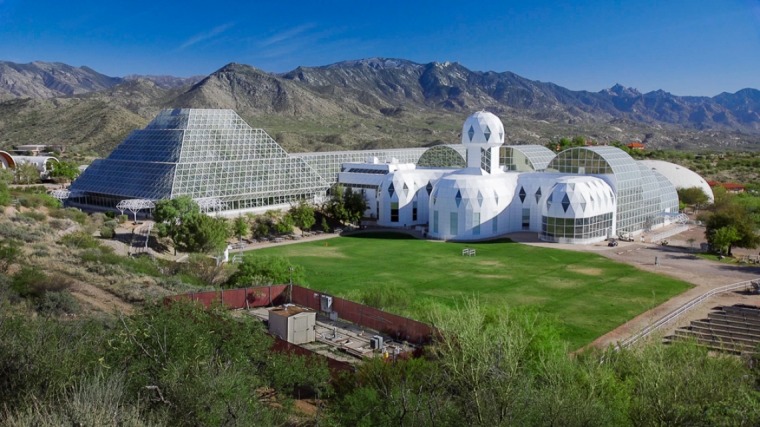

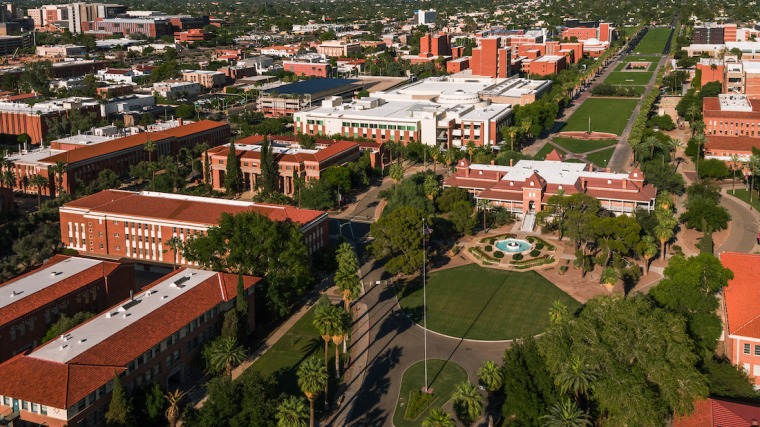
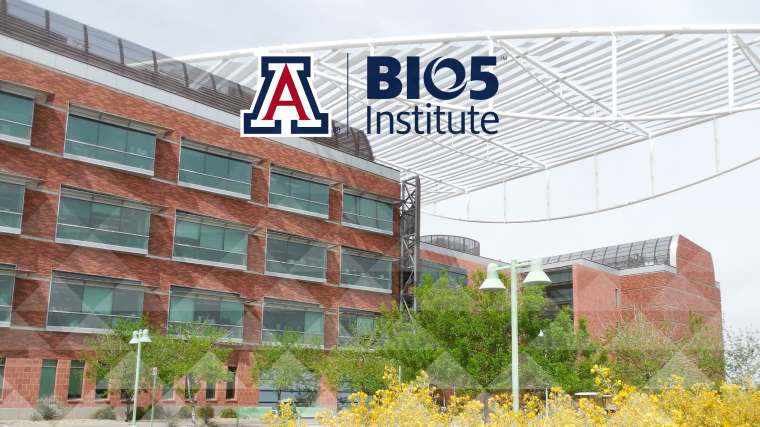
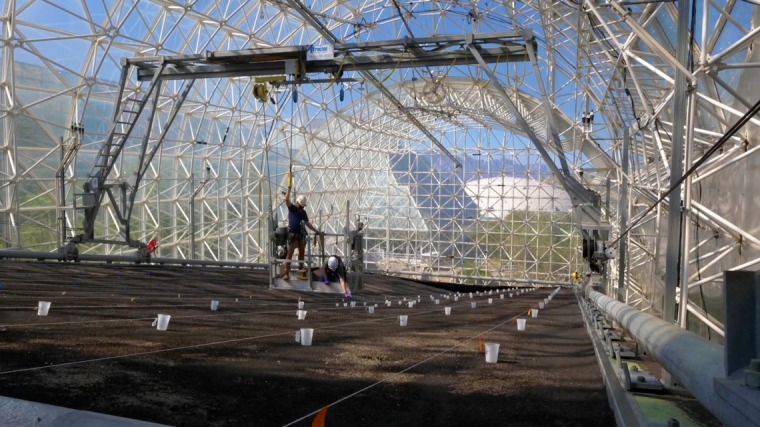
Little is known about how rain moves through landscapes once it's on the ground. UArizona's Landscape Evolution Observatory is designed to provide answers, and a $3.5M grant will allow our scientists to study the roles plants and microbes play in the process.
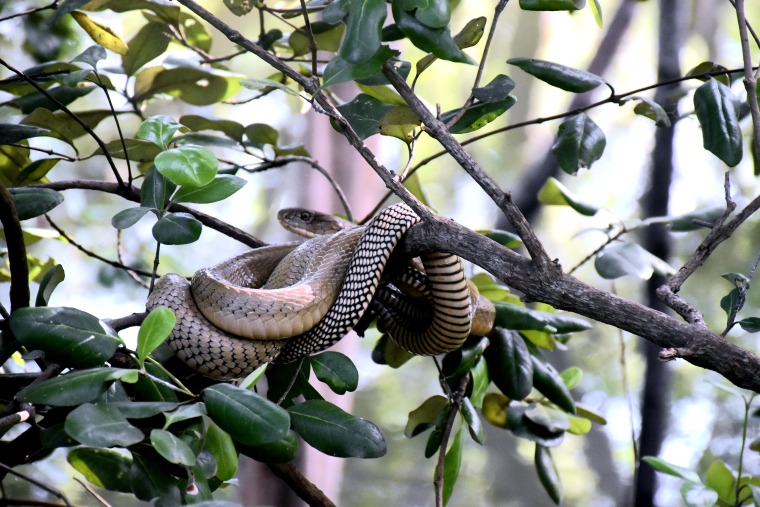
Snake bites are now recognised as one of the world's most important neglected health problems and one that disproportionately affects poorer communities. Dr. Leslie Boyer, founding director of BIO5’s Venom Immunochemistry, Pharmacology and Emergency Response (Viper) Institute at the University of Arizona, weighs in on the challenges surrounding antivenom. While many antivenoms are relatively effective, the complex nature of snake venom can make treatment difficult. Access to antivenom can be patchy and treatments with it can be expensive. The World Health Organization considers snake bites to be such a burden on some communities that they recently classified snake bite envenomation – where venom is injected by a bite – as a neglected tropical disease.

Dr. Solange Duhamel, UArizona Molecular and Cellular Biology associate professor and BIO5 member, uses her expertise on how life can survive in extreme environments to model how life might survive on Mars. This model is based on her work studying lava-induced hydrothermal systems in Iceland with other UArizona Planetary Science researchers.
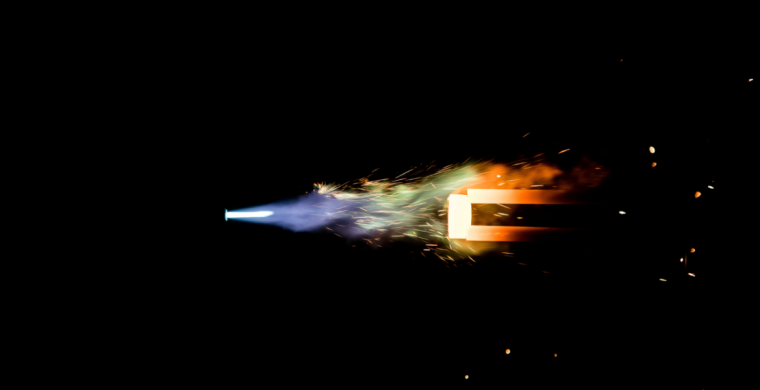
The University of Arizona College of Engineering and its Department of Materials Science and Engineering are playing a key role in a $100 million award from the U.S. Department of Defense to establish a national University Consortium for Applied Hypersonics. Dr. Erica Corral, associate professor in the UArizona Department of Materials Science and Engineering and a member of the BIO5 Institute, is an expert in thermal protection systems, materials and manufacturing, also heads a consortium cross-functional team in manufacturing and serves as deputy director for industry and national laboratory engagement.Dr. Corral is serving on the initiative's governance board and technical leadership team.
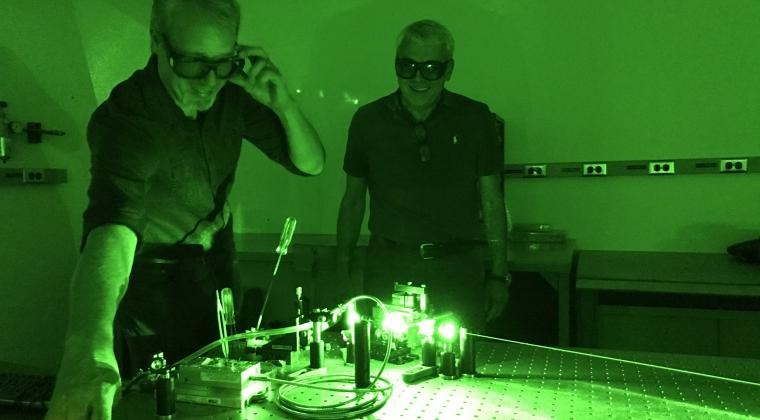
A record number of Tech Launch Arizona startups at UArizona were reported during FY2020. This was made possible through the innovations from 19 different startups by teams of world-class entrepreneurial researchers, including BIO5 members Drs. Minying Cai, David Harris, Victor Hruby, Doug Loy, Marty Pagel, Sairam Parthasarathy, Benjamin Renquist, Marvin Slepian, and Russell Witte.
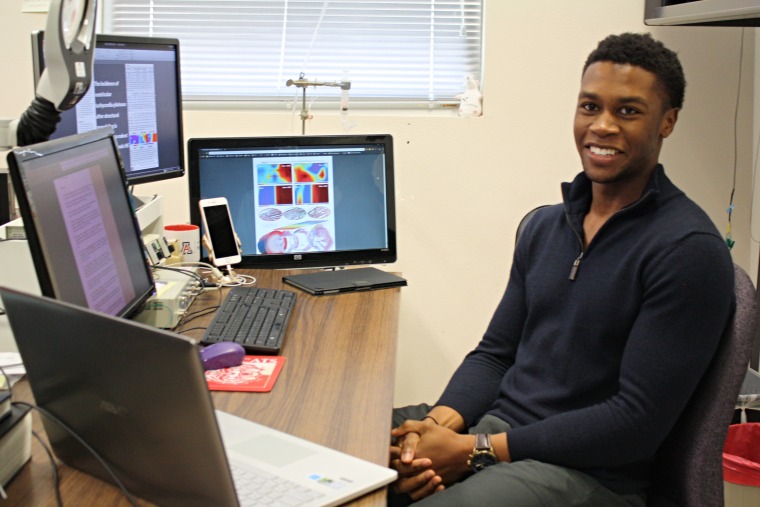
Cross-disciplinary and multi-organizational collaborations are essential to tackling the world’s biggest challenges in the life sciences, medicine, engineering, and computer and information sciences. To address these needs, the BIO5 Institute, in collaboration with the Biotechnology Industry Organization of Southern Arizona (BIOSA), hosted the second annual Faculty Industry Networking Event (FINE) on Thursday, August 13 – this time in a virtual format.
FINE convened 54 participants to foster unique partnerships between researchers, companies and organizations that support research and/or its commercialization. During the day-long event, attendees shared ideas and resources that are expected to lead to the advancement of discoveries, products and ideas, and to new opportunities for UArizona’s core research support services.
“FINE catalyzes collaborations between our faculty members and industry to amplify the impact of our research for the benefit of society and beyond limiting ourselves to publishing in scientific insider journals,” said Uwe Hilgert, BIO5 Associate Research Professor, Director of Industry Relations/Workforce Development and FINE co-organizer.
Presenters included:
Companies
• Avery Therapeutics
• Bayer Crop Sciences
• MCR Therapeutics
• Microvascular Therapeutics
• MZ Biolabs
• Nanopec
• NuvOx Pharma
• PADT, Inc.
• Ridgetop Group, Inc.
• Systems Imagination
• ZelosDX
External Support and Services
• Biodarix Lifesciences, LLC
• Bioindustry Organization Southern Arizona (BIOSA)
• Blue Stone Venture Partners
• Bramhill Biological Consulting, LLC
• Desert Angles
• Fred G. Acosta Job Corps Center
• i2s.biz Collaboratory
• Summit Contract Management, LLC
UArizona Researchers
• Ike Chinyere, College of Medicine – Tucson
• Steven Goldman, Sarver Heart Center
• Ravi Goyal, School of Animal and Comparative Biomedical Sciences
• Ruslan Rafkov, College of Medicine – Tucson
• Benjamin Renquist, School of Animal and Comparative Biomedical Sciences
• Emre Toker, College of Agriculture and Life Sciences
UArizona Support and Services
• Arizona Center for Innovation
• Biomedical Device Prototyping Services
• Finding Opportunities and Resources to Grow Entrepreneurs (FORGE)
• Functional Genomics Core
• Genetically Engineered Mouse Models Core (GEMM Core)
• Micro Nano Fabrication Center
• Tech Launch Arizona (TLA)
• Tech Parks Arizona
Each representative provided a brief overview of their organization’s research, interests and current projects, in addition to the technical expertise and/or equipment they are looking for or can offer in a partnership. Attendees asked follow-up questions and were encouraged to continue connecting after the event. Presentations spanned the gamut from biomedical devices to novel therapeutics, higher-efficiency crop production methods, funding opportunities, and a virtual laboratory bench for educational applications.
FINE also highlighted opportunities for student engagement in multi-organization collaborations.
UArizona M.D./Ph.D. student Ike Chinyere discussed his experience in Tech Launch Arizona’s (TLA) Student Entrepreneurial Fellowship Program. By working with two UArizona start-ups, he gained first-hand insight into the process by which new products are brought to market, supporting his ultimate career goal to practice cardiology and perform translational cardiovascular research as a physician-scientist.
“Being an entrepreneurial fellow in Tech Launch Arizona has given me firsthand experience on how inventions and techniques developed in a university setting can be commercialized to make a real-world impact,” Chinyere said. “In working under Mentor-in-Residence and successful industry research scientist Dr. Ken Wertman, I now have tools for business development, perspective for critical thinking as it relates to market segmentation, and examples of how impressive biomedical research from either the academic or industry sector can be converted into practical products and services. The skills gained from this fellowship strengthen my ability to both wonder and achieve.”
According to Hilgert, Chinyere is a perfect example for students who are both working towards completing their academic degrees and thinking about how their work can directly impact their communities by serving critical roles in these cross-disciplinary collaborations.
“Scientists and engineers do not just work to satisfy their own curiosity,” Hilgert said. “Instead, they work to leverage their findings and inventions to tackle humanities’ greatest challenges. One important avenue for this to happen is commercialization of research findings, that’s why BIO5 strongly fosters scientist-industry collaboration.”
---
About the University of Arizona BIO5 Institute
The BIO5 Institute at the University of Arizona connects and mobilizes top researchers in agriculture, engineering, biomedicine, pharmacy, basic science, and computational science to find creative solutions to humanity’s most pressing health and environmental challenges. Since 2001, this interdisciplinary approach has been an international model of how to conduct collaborative research, and has resulted in disease prevention strategies, promising new therapies, innovative diagnostics and devices, and improved food crops. Follow us: Facebook | Twitter | YouTube | Instagram | LinkedIn
About the Technology and Research Initiative Fund (TRIF)
The Technology and Research Initiative Fund (TRIF) that helped launch BIO5 in 2001 continues to be a catalyst in enabling effective, cross-disciplinary bioscience research and innovation at the University of Arizona, where initiatives and projects are carefully chosen to align with areas of state and national need.
Over the past 19 years of TRIF, over $50M has been invested in building critical facilities and research services that UArizona is leveraging today to quickly and robustly respond to the current COVID-19 crisis. TRIF allows the flexibility to pivot and repurpose campus resources to engage in the complex fight against COVID-19, drawing on faculty expertise, campus facilities, logistical assets, research labs, and campus staff and leadership to provide immediate assistance in the battle against the pandemic.
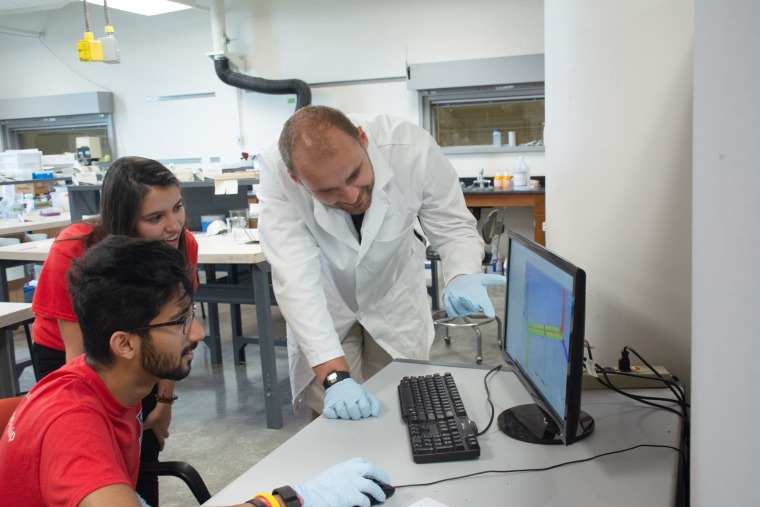
Dr. Urs Utzinger, the head of the UArizona Department of Biomedical Engineering undergraduate affairs and BIO5 member, sent 42 learning kits to his students during the Spring 2020 semester after COVID-19 concerns caused the University to move fully online. The kits contained micro controllers, motors, and other mechanical parts for the students to assemble, test, and calibrate from home. Dr. Utzinger sees that this experience of moving the course online prepared him for any future remote instruction.